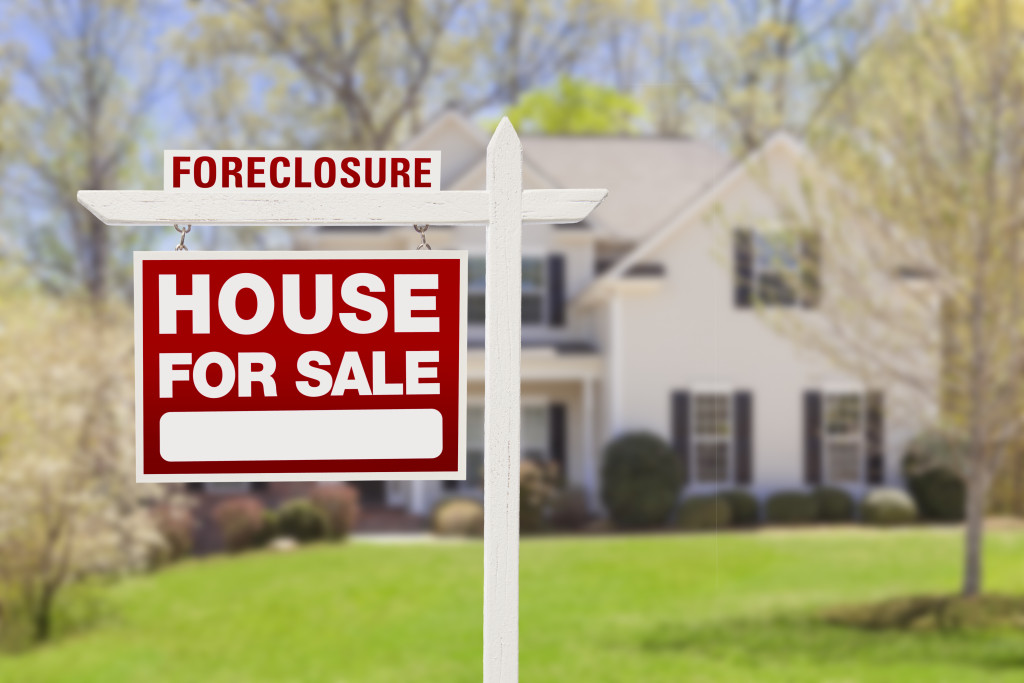Foreclosed properties are an excellent investment, but they come with some risk. This blog post will talk about acquisition strategies for investors looking to buy foreclosed properties and what you should look out for when purchasing these properties.
The first thing that you need to do is have a plan before going into the negotiation process. What type of property are you looking for? How much will it cost? Are there any specific areas that interest you more than others? Do your homework so that when negotiating with the bank or realtor, your offer is sound and makes sense from an investment standpoint.
Here’s a quick guide to making your investments count:
Find a good realtor.
Having a good reputation in the community means that they can most likely get your offer to another interested party accepted.
Cut out the middleman — banks are always looking for cash buyers with no contingencies, so you should consider buying directly from them instead of going through realtors and their commissions. Get data on homes currently on sale in your area and find out what the median selling price is. Use this number to negotiate with banks and get a good deal when buying foreclosed properties.
You can also talk to an investment specialist who may have access to pre-foreclosure lists, which are great resources when looking for these types of properties.
Research land records in the county where the foreclosure property is located and research any liens on the property, such as unpaid taxes.
These will be used to back up your offer.
Schedule a walk-through of the property with an inspector or contractor. Ensure that you are aware of any problems (such as mold, asbestos, faulty wiring, etc.). If possible, talk to neighbors who may have lived there in the past few months and ask them about any issues they may have noticed.
An inspector will also tell you what the property is worth instead of just looking at comparable properties that are on sale in your area.
If you plan on renting out the property after buying it, a good realtor should be able to provide a rental appraisal so that you know what type of return you can expect on your investment.
Check out the property before making an offer.
You don’t have to buy a house sight unseen, but simply driving by the property might give you an idea of whether it would be a good investment or not. Look for things like cracked paint and damages on surrounding properties.
These can indicate problems such as lack of maintenance, which could result in increased repairs costs.

Buy them from people who are in foreclosure but not yet on the market.
If you know somebody going through foreclosure, make an offer to buy their house before it goes on the market. Not only will this save you time and effort, but it gets rid of the stigma associated with foreclosed properties: if you don’t like what’s happening in your neighborhood, buying a home from somebody who is still living there is not going to solve the problem.
Find out if the owner got a good deal. If you are buying foreclosed properties, the chances are that most of them were sold for less than market value, even if they’re in prime locations. One way around this is to find out what was paid for similar properties and negotiate with your realtor or broker.
Foreclosed homes can be a bargain because they often have been neglected and require repairs or upgrades.
Brace yourself for nasty surprises, from leaking pipes and faucets, broken windows and doors to tattered roofs and peeled paint. Most foreclosed properties are sold “as-is,” so you will have to bear the costs of any necessary repairs, which can quickly eat away at your profit margin.
The silver lining is that most places have reliable roof replacement contractors and other skilled builders who can handle the work for you at a reasonable price.
Make sure that any foreclosed home you purchase has value — meaning it will sell quickly at a higher price than what you paid for it.
When you buy a foreclosed property, the bank expects to sell it as soon as possible at their asking price. If your offer is not accepted, the bank will keep looking for buyers who have cash and can close quickly.
Pricing a home that is going through foreclosure correctly involves a lot of factors: location, condition of the house, sales history, etc. Make sure that you look at similar homes in the area to find out what price is realistic.
Conclusion
Buying foreclosed properties offer great opportunities for investors who are willing to do some legwork and research. Just remember that buying foreclosures is not always easy, but you can make it work with a bit of patience and the right approach.
